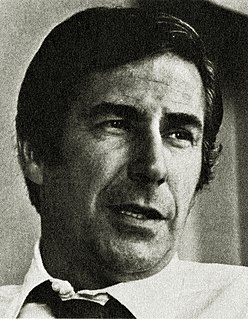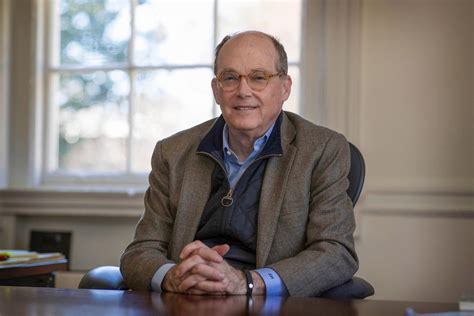A Quote by Bill Hybels
Effective leaders do not fear passion. They welcome it. But from time to time passionate discussions digress into personal attacks, and real people get really hurt. In my view, leaders must head that off before it happens.
Related Quotes
In the earlier days of history, kings and leaders went to the battlefield with their men; but today, those who determine that a nation will go to war remain safely behind. The next time leaders talk of warring, all the people should get together and send those leaders to the front lines. Give them a big arena with wonderfully effective ammunition, and the war will be finished in a day
We have become a nation ruled by fear. Since the end of the Second World War, various political leaders have fostered fear in the American people--fear of communism, fear of terrorism, fear of immigrants, fear of people based on race and religion, fear of gays and lesbians in love who just want to get married and fear of people who are somehow different. It is fear that allows political leaders to manipulate us all and distort our national priorities.
Not many of us will be leaders; and even those who are leaders must also be followers much of the time. This is the crucial role. Followers judge leaders. Only if the leaders pass that test do they have any impact. The potential followers, if their judgment is poor, have judged themselves. If the leader takes his or her followers to the goal, to great achievements, it is because the followers were capable of that kind of response.
In the face of ambiguity, uncertainty, and conflicting demands, often under great time pressure, leaders must make decisions and take effective actions to assure the survival and success of their organizations. This is how leaders add value to their organizations. They lead them to success by exercising good judgment, by making smart calls when especially difficult and complicated decisions simply must be made, and then ensuring that they are well executed.
Leaders who carry unresolved guilt are forced to hide a part of themselves from those to whom they are closest. They have a secret. They are forced to expend time and energy to ensure that no one finds them out. They know they are not completely trustworthy. Often they assume no one else is either. Guilty leaders have a difficult time trusting. Consequently, guilty leaders have a difficult time building teams.
'I know,' said Winter, 'but they don't know.' And he went on with a thought he had been having. 'A time-minded people,' he said, 'and the time is nearly up. They think that just because they have only one leader and one head, we are all like that. They know that ten heads lopped off will destroy them, but we are a free people; we have as many heads as we have people, and in a time of need leaders pop up among us like mushrooms.'






































